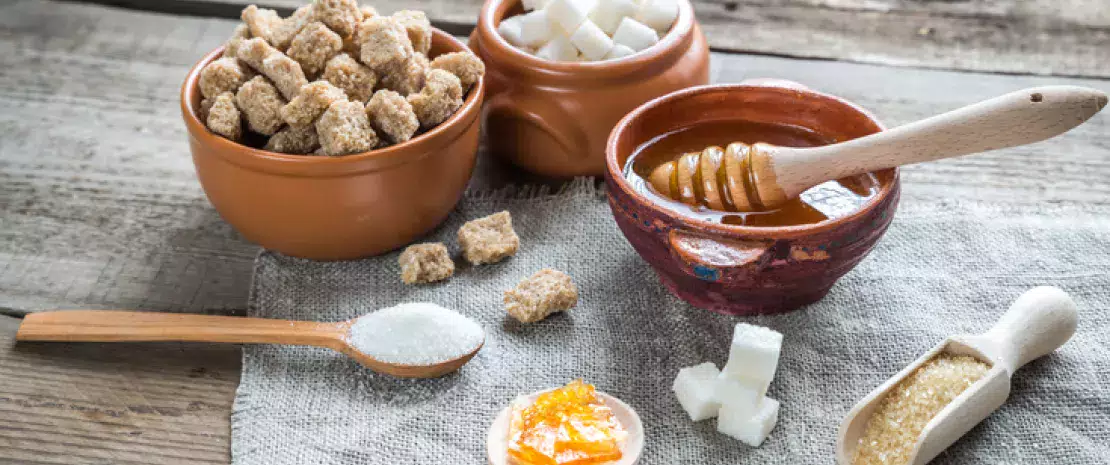The WHO recommends that the amount of free sugars does not exceed 10% of the daily energy intake for adults and children. Free sugars are glucose, fructose, sucrose (white sugar) naturally present in honey, syrups, fruit juices and concentrates, table sugar, etc., and as additives in many processed foods. However, in the absence of fiber, contained in whole fruits and vegetables for instance, these fast sugars rapidly increase blood sugar levels as well as the risk of obesity, diabetes and cardiovascular diseases.
“Hindered” bacterium
Their impact seems to go beyond their absorption in the small intestine. A team of American researchers discovered that glucose and fructose, two common sugars in Western diet, could disrupt the growth of a bacterium abundantly found in the gut flora of healthy people with a balanced body weight: Bacteroides thetaiotaomicron, so called because some of its components look like the Greek letters “theta”, “iota” and “omicron”. Fructose and glucose are thus able to inactivate the production of a protein secreted by B. thetaiotaomicron that promotes the proper implantation of the bacterium in the gut microbiota.
Direct action on genes
This study was performed in vitro and in mice, and confirmed what other studies had previously postulated: glucose and fructose can reach the colon, main location of the intestinal flora. The new finding lies in the way they could destabilize the microbiota in the colon: not by serving as an energy source for some harmful bacteria, but by directly altering some bacterial genes, such as B. thetaiotaomicron. All this brings grist—or should we say sugar—to the mill of studies proving the harmful health effects of added sugar and confirms the importance of having a sufficient and regularly intake of fiber to mitigate its effects.













